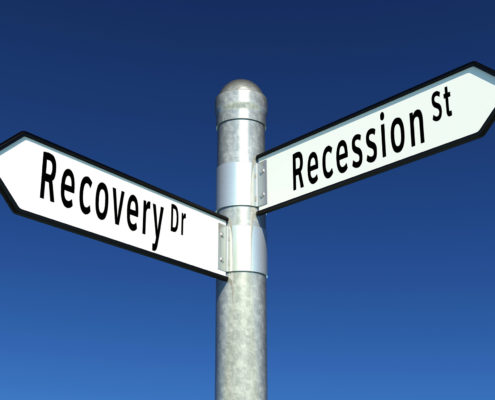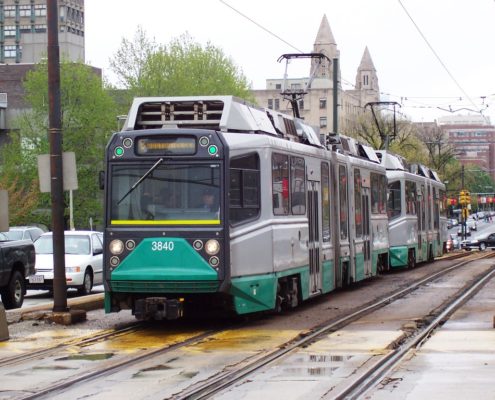Study Says State Unfunded Pension Liability Rising Despite Recent Reforms, Overall Strong Economy
More responsible assumptions about pension fund investment performance partially responsible for increase
BOSTON – Despite several reform bills targeted at the Commonwealth’s public pension system in recent years, the unfunded actuarial accrued liability (UAAL) has continued to rise and is drawing closer to a crisis level, according to a new study published by Pioneer Institute.
“The Commonwealth’s public pension system is in deep trouble and liabilities have nearly tripled since 2003,” said Greg Sullivan, co-author of “Massachusetts’ Skyrocketing Unfunded Pension Liability.” “This is occurring despite repeated efforts to eliminate provisions that allowed rampant abuses and have increased current costs and future obligations.”
Despite numerous reform efforts, Massachusetts ranked 11th among the states in 2016 in unfunded pension liability per capita ($5,642 per resident). An Urban Institute study gave the Commonwealth’s public pension system (which includes the State Employees’ Retirement, Teachers’ Retirement, and Boston Teachers’ Retirement systems) an “F,” due to its “dismal funding ratio and failed commitments to making required contributions.”
From 2003 to 2017, Massachusetts’ public pension unfunded liability increased by 196 percent, from $13.4 billion to $39.6 billion. Various legislative reforms, the most comprehensive one enacted in 2011, eliminated loopholes that enabled abuses, decreased future pension costs by raising the minimum retirement age, and adjusted age factors used to calculate future pension benefits. Still, the unfunded liability has increased by more than $20 billion since 2011.
One reason why the unfunded liability has risen is because the Commonwealth has reduced the assumed rate of return on pension fund investments to more responsible levels. Until 2012 the assumed rate was 8.25 percent. The Public Employee Retirement Administration Commission reduced the assumed rate of return to 8 percent in 2013, to 7.75 percent in 2015 and finally to 7.5 percent in 2016.
Every three years, the Commonwealth releases an updated pension system funding schedule, which shows the annual contributions needed to retire the unfunded pension liability. While the most recent funding schedules, released in 2011, 2014, and 2017, have maintained 2037 as the target date for fully funding the pension system, each schedule pushes more payments back to later years. The 2017 funding schedule included $45.8 billion more in required contributions than the 2011 schedule. Nearly 60 percent of the additional contributions are scheduled to be made between FY2031 and FY2037.
“Since 2003, overall stock market performance has been positive, the Massachusetts economy has grown faster than the national economy and we’re ahead of 35 states in terms of GDP growth,” Sullivan said. “If the Bay State couldn’t curb UAAL growth over such a period, how are we going to defuse the ticking time bomb of our public pension systems?”
Sullivan and co-author Rebekah Paxton urge the Commonwealth to reconsider legislation filed by state Senator William Brownsberger in 2011 that would provide a defined benefit comparable to Social Security for new employees and enroll public employees in a defined-contribution pension plan to build a supplemental retirement benefit. This reform would decrease incurred liabilities while maintaining a retirement plan for new hires.
About the Authors
Rebekah Paxton is a research assistant at Pioneer Institute. She first joined Pioneer in 2017 as a Roger Perry intern, writing about various transparency issues within the Commonwealth. Since then, she has worked on various research projects in state finance, public policy, and labor relations. She recently earned an M.A. in Political Science and a B.A. in Political Science and Economics, from Boston University, where she graduated summa cum laude.
Gregory Sullivan is Pioneer’s Research Director. Prior to joining Pioneer, Sullivan served two five-year terms as Inspector General of the Commonwealth of Massachusetts and was a 17-year member of the Massachusetts House of Representatives. Greg holds degrees from Harvard College, The Kennedy School, and the Sloan School at MIT.
About Pioneer
Pioneer Institute is an independent, non-partisan, privately funded research organization that seeks to improve the quality of life in Massachusetts through civic discourse and intellectually rigorous, data-driven public policy solutions based on free market principles, individual liberty and responsibility, and the ideal of effective, limited and accountable government.
Get Updates on Our Economic Opportunity Research
Related Posts













